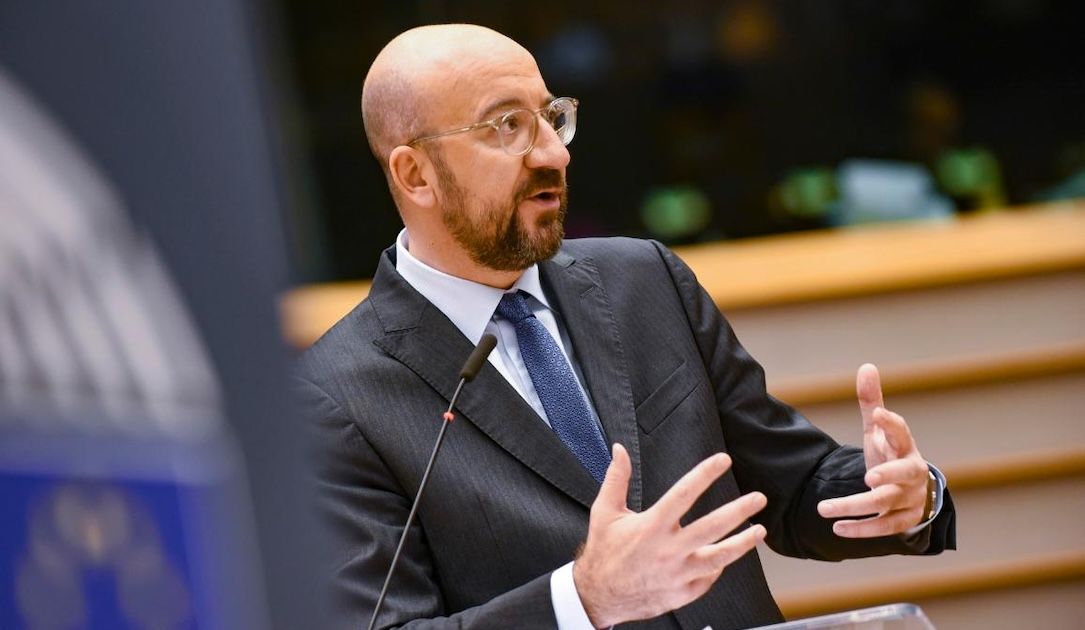Charles Michel, the president of the European Council — the EU body that sets the bloc’s political direction — proposed on Thursday the creation of “a European cyber force … equipped with offensive capabilities.”
“The sensitive issue of chain of command would need to be addressed,” he acknowledged at the annual conference for the European Defence Agency (EDA). The Council President’s spokesperson was unable to immediately provide any further details on the proposal.
In the wake of the Russian invasion of Ukraine, and citing the bloc’s efforts to respond to it by increasing its investment in defense, Michel said: “I feel that the time has come to create a real union of defence, coupled with a true defence single market.”
It is not the first time that a joint military capability has been raised by a European Union official, but the concept has never borne fruit. Experts have cautioned there are additional unique challenges around developing offensive capabilities in the cyber domain.
Although Michel told the conference that “for almost 20 years, you, the EDA, have spearheaded European defence cooperation,” defense cooperation across the continent has in truth largely been conducted through NATO, outside of the auspices of the European Union.
The EDA — an agency to promote defense integration across the European Union — reports directly to the European Council and does not preside over any armed forces itself; these remain under the sovereign control of each member state.
Since 2017 — particularly following Brexit, with the United Kingdom historically opposed to the concept of European military integration, and amid concerns regarding former President Donald Trump’s commitments to NATO — the EU’s security and defense policy has moved forward with a Permanent Structured Cooperation (PESCO) plan that aims to create structural integration among EU militaries.


